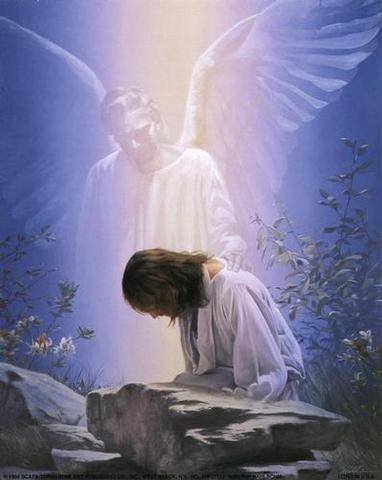Pope Benedict XVI arrives to lead his Wednesday general audience in Paul VI hall at the Vatican January 28, 2009. Outbursts about Jews and Muslims by Italian leaders of an ultra-traditionalist Roman Catholic group show the challenge facing Pope Benedict as he tries to bring them back into the Church.
Credit: Reuters/Tony Gentile
By Philip Pullella
VATICAN CITY | Fri Jan 30, 2009 11:37pm IST
VATICAN CITY (Reuters) - Outbursts about Jews and Muslims by Italian leaders of an ultra-traditionalist Roman Catholic group show the challenge facing Pope Benedict as he tries to bring them back into the Church.
Benedict tried on Wednesday to defuse an international furore over his decision to lift the excommunication of four bishops including Richard Williamson, who denies the full extent of the Holocaust and says there were no gas chambers.
The Pope expressed his "full and unquestionable solidarity" with Jews and warned of the dangers of Holocaust denial.
But the next day a priest who is a regional leader of the same ultra-traditionalist group as Williamson, the Society of Saint Pius X (SSPX), made headlines by telling a local newspaper "gas chambers existed at least for disinfecting" inmates but he wasn't sure if they were used to kill them."
The priest, Floriano Abrahamowicz, defended Williamson. He said it was "impossible for a Christian to be an anti-Semite" and that the whole controversy was part of a "very powerful campaign against the Vatican".
On Friday, Williamson posted on his blog a letter in which he apologised to the pope for the "unnecessary distress and problems" he caused the pontiff "amidst this tremendous media storm stirred up by imprudent remarks of mine".
But Williamson, a Briton, made no mention of the Holocaust and did not repudiate his comments, as many Jews had demanded.
The affair has angered Jews. Benedict has given credence to "the most vulgar aspect of anti-Semitism" by rehabilitating a Holocaust denier, death camp survivor Elie Wiesel, an author and Nobel Peace Prize winner, told Reuters this week.
Some analysts believe Benedict failed to anticipate the furore because he is too isolated.
"This is a solitary papacy and Benedict is paying the price," said Professor Alberto Melloni, head of The John XXIII Centre for Religious Studies in Bologna.
He concurred with Vatican sources who said Benedict had not consulted widely inside the Vatican or beyond before lifting the excommunications, whose effect was to exclude the bishops from communion with the Church.
"If he had called any five bishops at random around the world for advice I think they would all have said 'no'," Melloni told Reuters.
DAMAGE CONTROL
The Vatican has been in damage control mode since Saturday, when the excommunications were lifted in an attempt to heal the first schism in the Church in modern times.
For the seventh consecutive day on Friday, Vatican spokesman Father Federico Lombardi spoke out after Abrahamowicz's comments were splashed on the front pages of most Italian newspapers.
Lombardi said denying the Holocaust was bad enough when it was done by lay people "but even more grave when it comes from the mouth of priest or a bishop, a Christian minister, whether he is united or not with the Catholic Church".
The same day Abrahamowicz made his comments about the gas chambers, Father Pierpaolo Petrucci, head of the SSPX branch in Rimini, said group members were still "shocked" the pope prayed with an Imam when he visited Istanbul's Blue Mosque in 2006.
"The Vatican still has not learned how to deal with controversial issues," said John Allen, a columnist for the National Catholic Reporter.
Traditionalists reject most of the teachings of the 1962-1965 Second Vatican Council, which brought the Church into the modern world.
One of its major documents, "Nostra Aetate" (In Our Times) repudiated the concept of collective Jewish guilt for Christ's death and urged dialogue with all major religions.
Analysts say Benedict will have a tough time getting a pledge of loyalty from the traditionalist leaders to the Second Vatican Council, whose teachings have been accepted by nearly all of the 1.1 billion-member Church.
A few months ago, Rev. Franz Schmidberger of the SSPX German branch said in a letter that Jews could not be considered "our elder brothers in faith" - the tribute Pope John Paul II used when visiting Rome's Synagogue in 1986.
Schmidberger, a top SSPX leader, said today's Jews would be "complicit in deicide" - the killing of God - until they rejected "their forefathers' guilt" by accepting Christ as God and being baptised.
REUTERS 30-01-2009


No comments:
Post a Comment